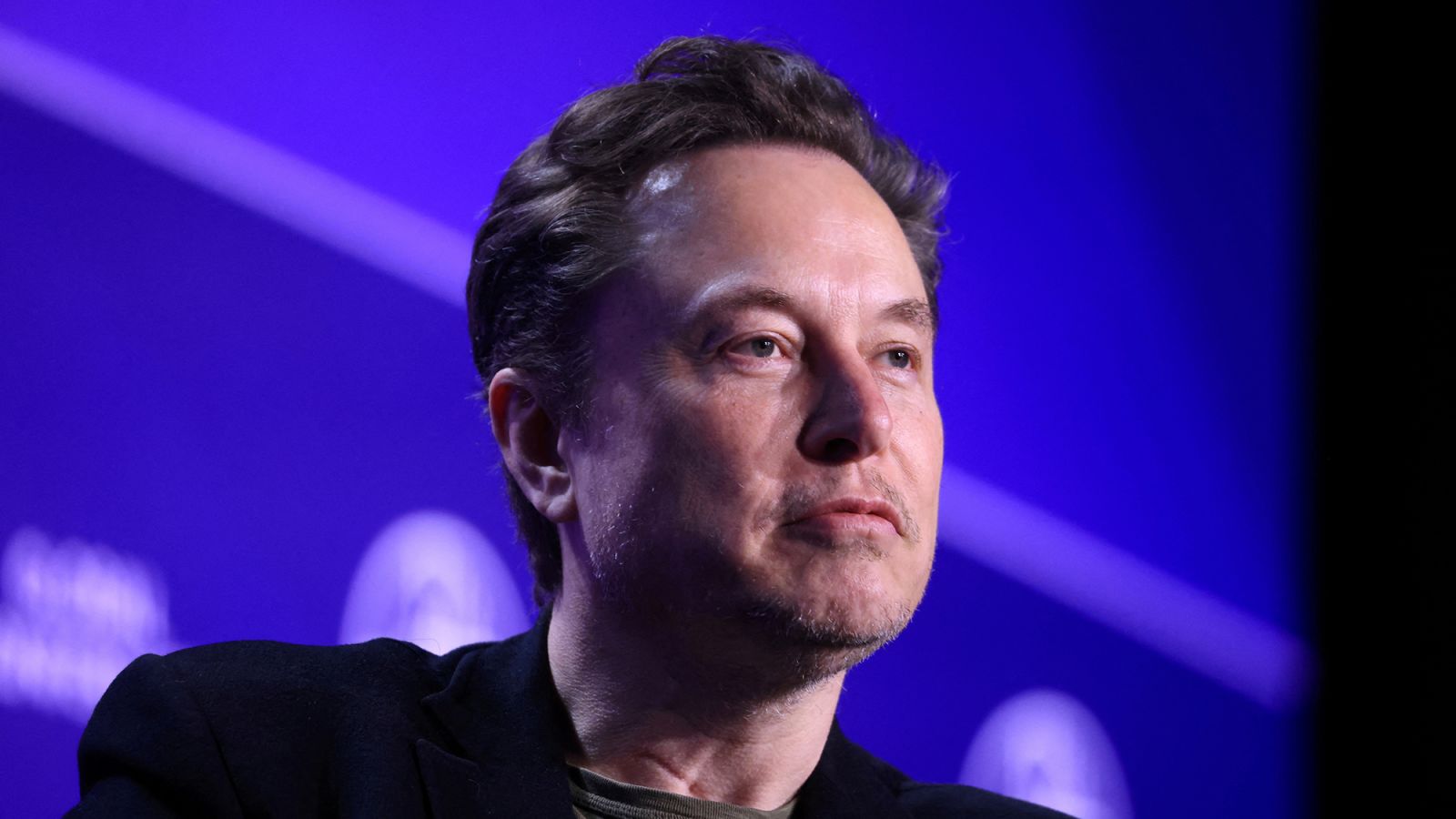Elon Musk's brain implant startup Neuralink has launched a search for a second human participant in its ongoing clinical trial. Five months after successfully implanting its brain chip in 30-year-old Noland Arbaugh, the company is seeking to expand its study despite recent challenges. The brain chip, initially seen as a groundbreaking technology for individuals with paralysis, encountered a setback when the threads connecting the chip to Arbaugh's brain retracted, causing performance issues. However, Neuralink promptly addressed the issue, allowing Arbaugh to continue to control a computer cursor with his brain.
Arbaugh, who became a quadriplegic following a diving accident in 2016, shared his transformative experience with the implant. Speaking to Good Morning America, he noted that the device had dramatically improved his quality of life, allowing him to interact with technology in ways he never thought possible. 'I had no reason to wake up in the morning, and this has changed that for me,' Arbaugh remarked.
Neuralink's long-term goal is to create devices that enable people with severe disabilities to interface directly with computers and smartphones, or even regain lost sensory abilities like sight. The current trial, known as the PRIME Study—short for Precise Robotically Implanted Brain-Computer Interface—aims to evaluate the safety and functionality of both the implant and the surgical robot used to install it.
The study specifically targets patients with limited or no ability to use both hands due to a cervical spinal cord injury or amyotrophic lateral sclerosis (ALS). These patients will have chips implanted in the part of the brain responsible for the intention to move, with the device recording and transmitting brain signals to an app. The immediate objective is to give these individuals the ability to control a computer's cursor or keyboard using only their thoughts.
About a month after his surgery, Arbaugh demonstrated his ability to control a computer mouse using just his brain, playing a game of chess as evidence of the chip's capabilities. Yet, the journey has not been without its challenges. When Arbaugh's chip experienced performance issues, it was a painful setback for him, but Neuralink used the opportunity to learn and improve. 'The reason we do clinical trials and initial feasibility trials is to discover these kinds of problems as early as possible before they go to market,' explained DJ Seo, Neuralink co-founder.
The quest for a second participant continues amid reports that around 1,000 people have shown interest, with fewer than 100 qualifying for the study. As Neuralink aims to implant the second chip in June, the company remains committed to overcoming early obstacles and moving closer to its ambitious vision of revolutionizing medical technology.
- Elon Musk's Neuralink has received the approval from American authorities to proceed with its second patient implantation. The company continues to refine its technology to address any issues reported by initial users, reaffirming its commitment to advancing the capabilities and reliability of its brain-machine interface.
- According to a report from the Wall Street Journal, Neuralink aims to perform the second implant in June. While around 1,000 people have expressed interest in participating, fewer than 100 meet the study's rigorous criteria.






